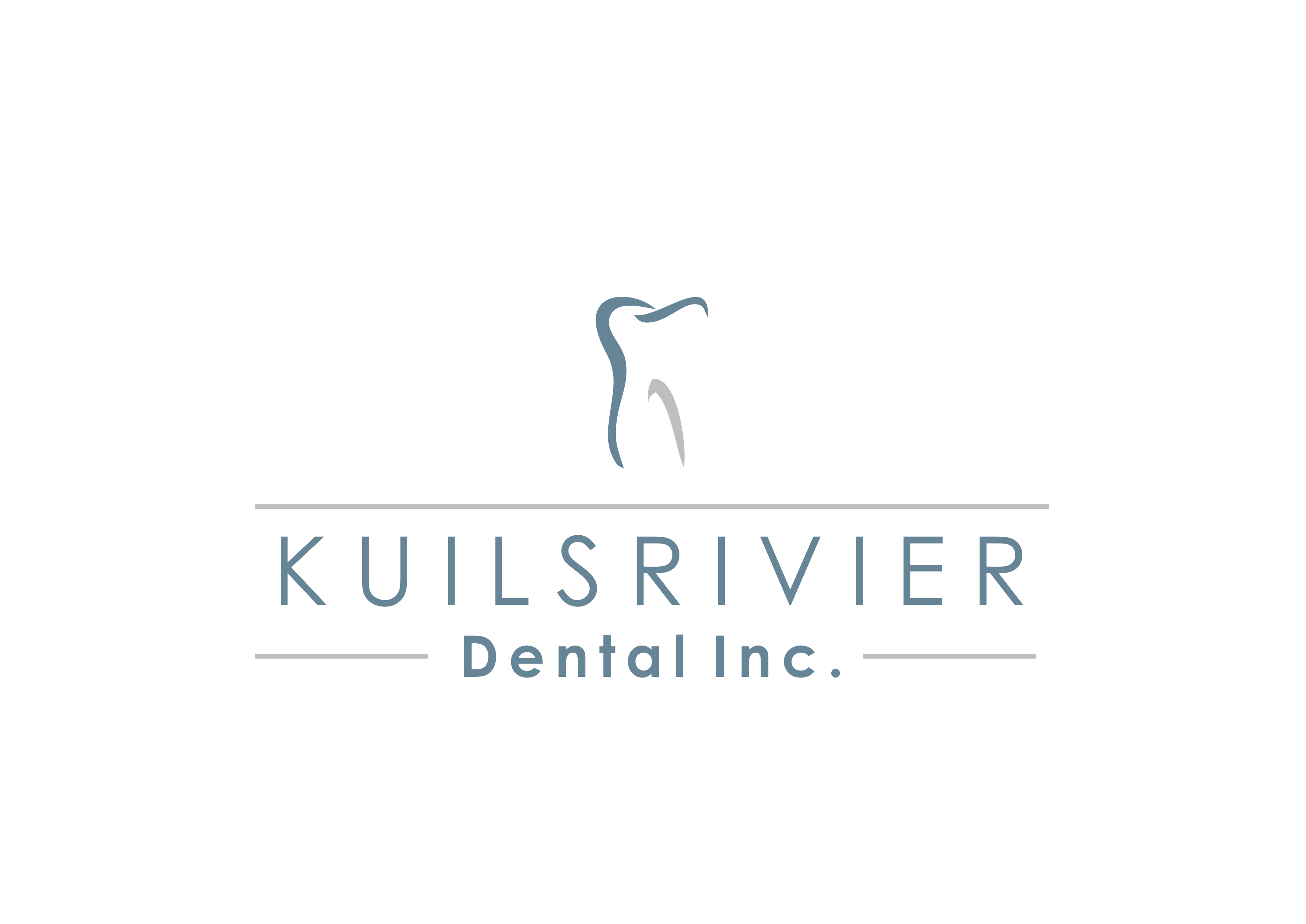Prosthetic Dental Procedures
Full Dentures
Dentures, also known as false teeth, are replacements for missing teeth which act like fitted prosthesis that can be taken out and put back in the mouth. Dentures are normally made of acrylic or metal.
Full dentures are normally recommended for people who have lost their teeth, which may be due to an infection, tooth decay, trauma, periodontal disease, or other medical conditions. These artificial teeth are attached to a gum plate which matches your gums which fits against the gums. The base of the upper dentures covers the roof of your mouth, called the palate, while the lower dentures are shaped like a horseshoe in order to accommodate the tongue.
Full dentures can either be conventional or immediate. Immediate dentures are delivered / fitted immediately after teeth removal (at the same visit).
Conventional dentures are made and placed 8-12 weeks after the teeth have been removed. Although conventional complete upper and lower dentures are currently less utilized as a treatment modality as a result of the extensive use of implant-supported prostheses in the world today, such treatment is still an option as an interim solution if indicated.
Dentures may also be fixed to your gums with the use of dental implants and custom made overdentures. The number of dental implants used differs from patient to patient. After the implants have been inserted, a custom overdenture will be fitted, which will be attached directly to the implants via precision attachments.
Partial Dentures
These are dental dentures that are used by patients who have lost a few teeth but still have some natural teeth. They are designed to fill in the gap that has been created by the missing teeth. Partial dentures may be clipped and unclipped when they are needed. They can be made of acrylic, have a chrome base or made of a flexible material for better comfort.
Plastic Dentures
Basically, plastic dentures are as they suggest, dentures made from a plastic material called acrylic, fitted with synthetic teeth. There are many different makes of these teeth, some of which are more expensive than others and therefore are more aesthetically pleasing. The teeth on a plastic denture can be made from materials such as resin or porcelain and can increase in price depending on the quality of the material used and the layers of dentine and enamel.
These dentures can also be partial or full. With this type of denture, the under structure is created out of a metal called chrome cobalt and the teeth are normally bonded onto the denture using the plastic acrylic. In some cases the chrome cobalt is completely coated in plastic acrylic.
These dentures are stronger than plastic dentures and are thinner and more streamline making them more comfortable to wear. However due to the manufacturing process of the chrome cobalt denture being more complex than that of the plastic denture, it does cost a fair amount more.
The main advantage of a chrome cobalt denture compared to a plastic denture simply put, is the precise fit – this denture is less likely to dislodge and rock in the mouth. A snug fitting denture will give you more confidence as you will not have to worry about the denture dropping while eating or speaking. The reason for this has to do with the retention and the support. To further explain, the chrome cobalt denture is cast onto a model, which is a duplication of your mouth. In addition the denture has cast clasps and rests – these clip on to your teeth, resulting in a denture that is more tooth supported and not gum supported. Due to the design of the clasps and rests and the manner in which it clips and rests on your existing teeth, the masticatory forces are distributed to the remaining teeth and not the gums – thus reducing the damage to the gums while chewing. This means less pressure on the gums which results in a much more pleasant eating experience.
Segmented Flexi Dentures
The flexi denture has minimal palatal/tissue coverage. It is the ideal choice for replacement of 1 or 2 teeth.
As the mouth and its tissues are ever changing, it is recommended that you replace your denture (make a new denture) at least every 4 years.
